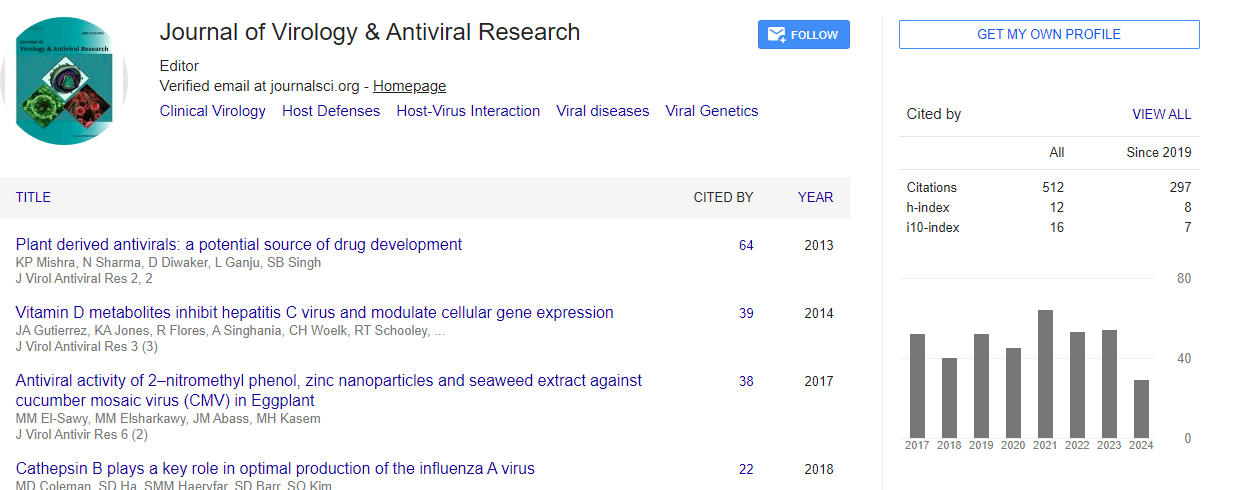Emerging vector borne viral infections in animals and humans in Turkey
Huseyin Yilmaz, Aysun Yilmaz and Nuri Turan
University of Istanbul, Turkey
: J Virol Antivir Res
Abstract
Vector borne viral infections are global health concern affecting animals and humans. Changes in climate all over the world have an important impact on the movement of vectors like ticks and mosquitos which causes spread of infectious agents. At present, several vectors borne viral infections in both animals and humans in Turkey have been reported. We have investigated ticks, animals and humans for Tick Borne Encephalitis Virus (TBEV), mosquitos, animals and humans for West Nile Virus (WNV), Rift Valley Fever Virus (RVFV) and cattle for Schmallenberg virus and Lumpy Skin Disease Virus (LSDV). In this presentation, the results of this study and findings from other studies related to vector borne viral infections in Turkey will be discussed.
Biography
Huseyin Yilmaz has graduated from the Veterinary Faculty of University Istanbul and PhD in Immunology from the Veterinary School at University of Bristol. He later joined Department of Microbiology of Istanbul Veterinary Faculty and established the Department of Virology in the Veterinary Faculty of Istanbul. As a Principal Investigator, he has led many research projects and established research infrastructure to improve detection, epidemiology and prevention of major viral diseases and emerging viral infections affecting animals and public health. He has also established national and international collaboration with Turkish and European Union institutions through COST actions and bilateral research link between The Pirbright Institute and Department of Virology has been funded by the British Council concerning the viral livestock diseases related to food security. His recent research work is on detection and prevention of transboundary emerging infections like LSD.
 Spanish
Spanish  Chinese
Chinese  Russian
Russian  German
German  French
French  Japanese
Japanese  Portuguese
Portuguese  Hindi
Hindi 

